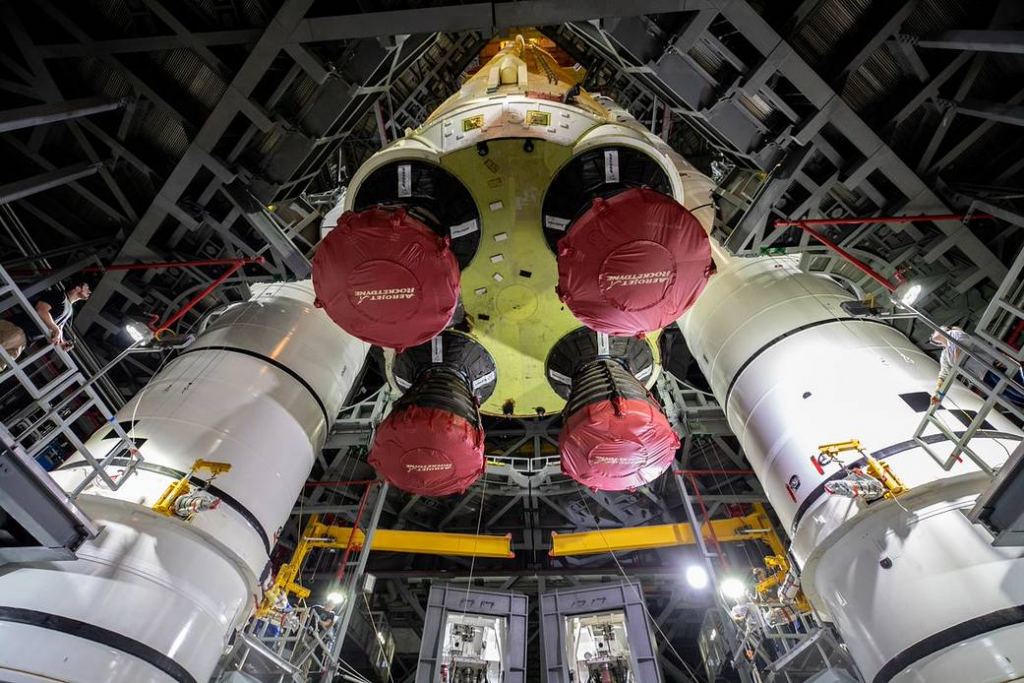To get to the Moon, NASA is building a Lunar Gateway in orbit to facilitate easier access to the Moon. With construction beginning in 2028 as part of Artemis IV there will be an ongoing programme of enhancements and additions. NASA has now released a fabulous new 3D animation of the Lunar Gateway to showcase what the final Gateway will look like. It includes modules from partner nations and an Orion lunar landers dock to carry astronauts.
NASA's Artemis program marks a historic return to lunar exploration following on from the Apollo era. It aims to land "the first woman and the next man" on the Moon by 2025 and heralds a new era of space exploration focused on sustainability and international collaboration. This ambitious project will use advanced technologies, including the Space Launch System (SLS) rocket and the Orion spacecraft, to establish a long-term human presence on the surface of the Moon. The program also aims to develop the Lunar Gateway, a space station orbiting the Moon, to support missions and serve as a staging point for future expeditions to Mars.
The purpose of the Lunar Gateway is to facilitate the exploration of the many scientific mysteries of deep space with Gateway's first lunar space station. Starting with the Artemis IV mission in 2028, the international teams of astronauts will live, conducting science, and preparing for various lunar missions to the South Pole.
NASA has released a fabulous computer generated video of the Gateway showing its exterior form in amazing detail. You can view the video here.
The propulsion and power systems are prominent in the video and with the solar array will make the most powerful solar electric spacecraft ever flown. The array will power the station's systems and even ionise the xenon gas that will produce thrust using an ion system to maintain the spacecrafts polar orbit.
At the hub of the spacecraft though is the Habitation and Logistics Outpost otherwise known as HALO! This element controls and commands the spacecraft and provides communication links back to Earth and the lunar surface. It has been provided by the European Space Station (ESA) and will also support life support systems, exercise equipment and science payload banks.
Another element provided by ESA with support from the Japan Aerospace Exploration Agency (JAXA) is the environmental control and life support systems. Without it, life on board simply would not survive.
There are a whole host of other systems on bard from a refuelling capability to ensure the power and propulsion system is topped up, a crew and science airlock system, science payloads and much more.
Source : Gateway: Up Close in Stunning Detail
 Universe Today
Universe Today

